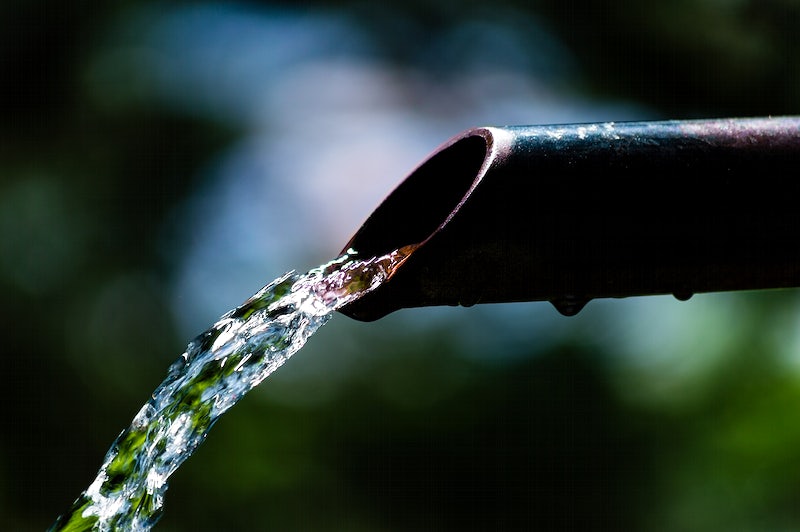Spills of raw sewage into England’s rivers and seas reached their worst levels on record last year, according to Environment Agency data.
Discharges of untreated sewage by water companies doubled from 1.75 million hours in 2022 to a record 3.6 million in 2023, the data shows.
This comes amid growing concern over the nation’s river and water supplies, after a parasite contaminated South West Water in Devon last week.
The number of individual spills also soared by 54%, from 301,000 incidents in 2022 to 464,000 in 2023.
Team GB Olympic rower Imogen Grant is an ambassador for the River Trust.
Grant, 26, said: “Every rower knows what it’s like to row on beautiful crystal-clear water, and every rower knows a friend or has themselves gone ill because of the poor water quality and the sewage that’s increasingly prevalent.”
Water companies partly blamed the huge jump on last year’s wet weather.
2023 was England’s sixth wettest on record, following the drought during 2022.
Water UK, the industry body for sewerage companies, said it was unacceptable but the record levels were due to heavy rain.
The number of spills has risen 3478% across an eight year period, between 2016 and 2023.
The biggest shift occurred between 2018 and 2019, where spills rose by 177%, with the rise partly attributed to increased surveillance of the systems.
In 2023, all 14,580 overflow systems were fitted with monitors, compared to 2019 when only 57% were fitted with monitors, meaning only half of spills were recorded, according to a report.
How are the sewage spills monitored?
The UK has combined sewage systems, which means rain and sewage travel down the same pipes, so sewage treatment works can be overwhelmed.
Sewers are fitted with so-called storm overflows, which act as safety valves during heavy rain, to stop sewage backing up into people’s homes.
Storm overflows are only supposed to be used in exceptional circumstances, but there is increasing evidence that water companies have used them routinely, including on dry days.
The Environment Agency said that heavy rainfall does not affect water companies’ responsibility to manage storm overflows in line with legal requirements.
Campaigners say the pumping of sewage into waterways is the symptom of chronic underinvestment by water companies.
CEO of River Action James Wallace said: “The scale of the discharges by water companies is a final sign of a failing industry.
“Rather than investing in their infrastructure and upgrading wastewater treatment plants, these international businesses have plundered our most precious natural resource, freshwater.”
In fact, the public anger is palpable.
A YouGov survey found that 60% of respondents believe that CEOs of water companies should receive prison sentences, if they are found to be responsible for serious incidents of water pollution.
53% blame the water companies directly for sewage discharges into our rivers and seas.
Grant added: “As an athlete, I think we have a responsibility to try and use our platforms for good.
“And one of the things that I’m really passionate about is sustainability.
“There is still a lot to do, but the contamination of water is being highlighted more and more in the media, which is good.”
Water minister Robbie Moore has called for a consultation to ban water bosses’ bonuses when criminal breaches have occurred.
Featured image credit: rawpixel.com
Via: Creative Commons Licence





